Janet Samuel
A member of the Parliament of the Economic Community of West African States (ECOWAS Parliament) from Nigeria, has cried to the regional legislature to help Borno State in Northeast Nigeria to address the effects of the recent flood disaster that ravaged the state.
Hon. Zainab Gimba made the plea in a press conference during the induction training for members of the 6th Legislature at the ongoing 2024 Third Extraordinary Session and Second Parliamentary Seminar of the ECOWAS Parliament in Lome, Togo, stressing that the state’s economy is being threatened by the harmful effects of the floods.
She said “Borno state is the fifth largest non-oil and gas economy in Nigeria with an estimated Gross product of £5.175 billion. The effects of the floods have adversely affected the growth and development of trade and commerce in the region and it is important to draw the attention of the ECOWAS Parliament.”
Borno state, reputed as the commercial hub in the old Kanem-Borno empire lying across the major trade routes between West Africa, the Central Africa, and East African region even in modern times, is still struggling with enormous threats to its economy and the misery the floods brought on the people.
The Alau Dam breached it banks in the early hours of 10 September, causing flooding in Maiduguri, Borno state capital and other parts of the state. Before this incident, heavy rainfall flooded many areas of Borno state affecting road access and submerging houses.
According to Gimba, the floods had displaced over 2 million households with estimated number of deaths running into hundreds of people as thousands have lost their homes and livelihoods in a region already facing food insecurity following protracted periods of terrorism and violent extremism.
Meanwhile during Wednesday’s induction session, presided over by the Speaker, Rt. Hon. Memounatou Ibrahima, the Secretary General, Mr. Bertin Some, made a presentation entitled “ECOWAS at a Glance, Significance and Objectives”, which encapsulated economic integration as the core value that prompted the establishment of ECOWAS on May 28, 1975 through the Treaty of Lagos. The bloc has since evolved and expanded its mandate to include searching for solutions for the region’s political instability and security concerns through the Revised Treaty of 1993 in Cotonou, Benin Republic.
In a related development, the Director of External Relations of the ECOWAS Commission, Mr. Jerome Boa made a presentation on “Organs of the Community and their Functions”.
Represented by Babatunde Idowu, the presentation reeled out the legal basis for the functions of the organs of the community, the Authority of Heads of state and government, ECOWAS Council of Ministers, Administrative and Finance Committee, the Permanent Representatives Committee( PRC) as an advisory organ of the council of ministers and the ECOWAS Commission.
The Presentation on the “ Community Institutions, Specialized Agencies and their Functions” was made by Director Legal at the ECOWAS Commission, represented by Uzoamaka Obidike, while the Presentation on “ Programs and activities of the ECOWAS Parliament was made by the Acting Director of Parliamentary Affairs and Research, Kabeer Garba followed by robust deliberations.
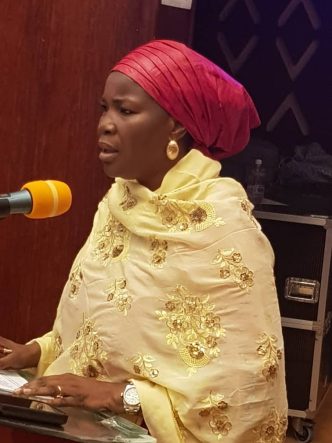
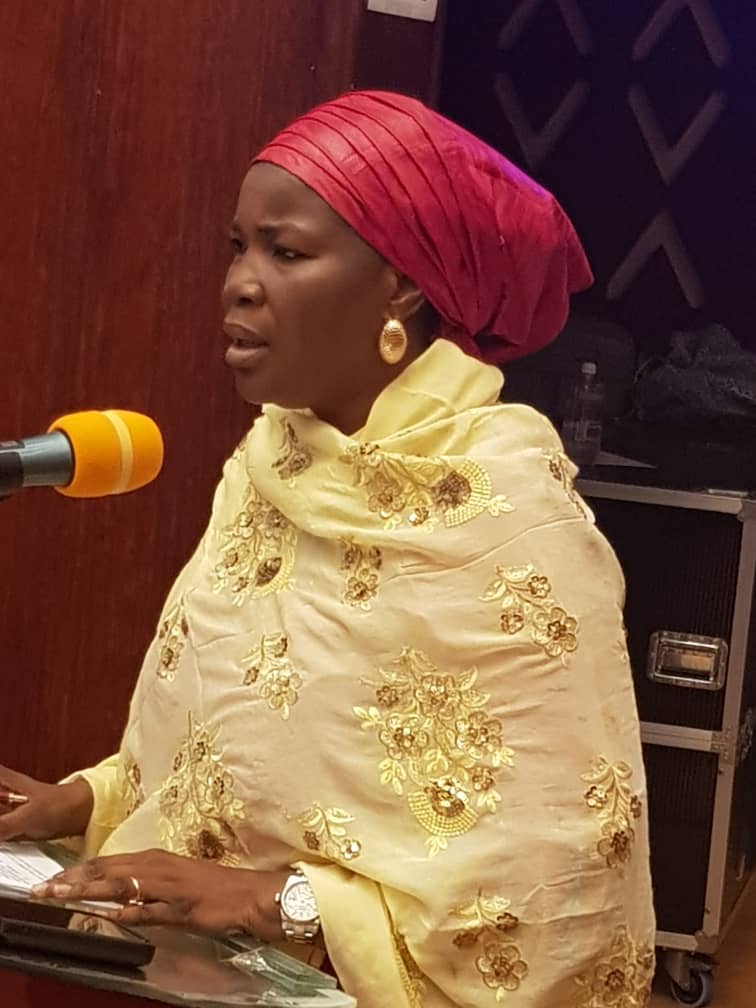
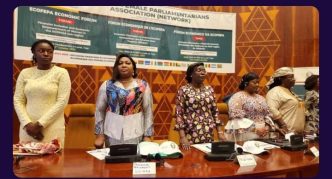
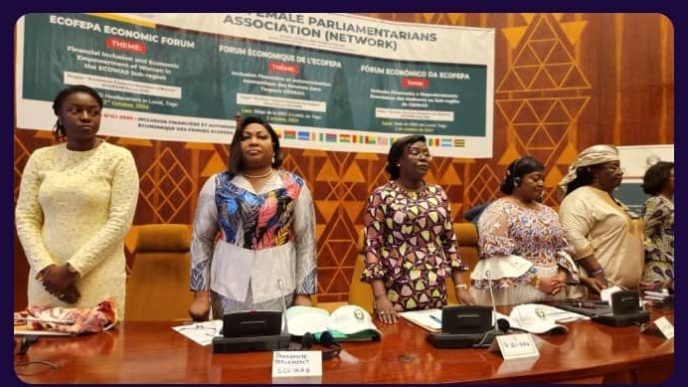
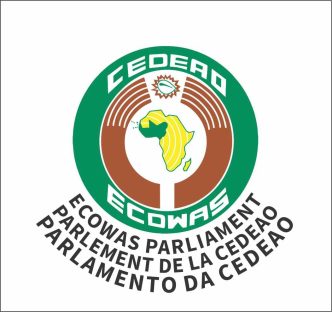
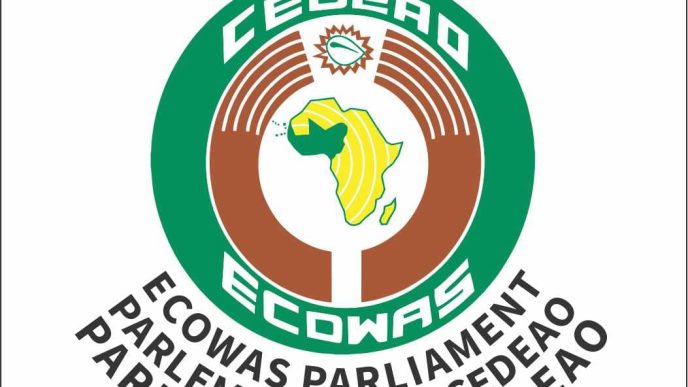
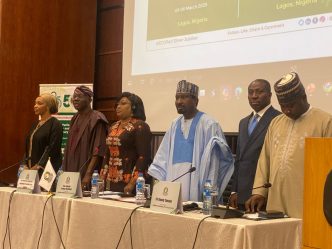
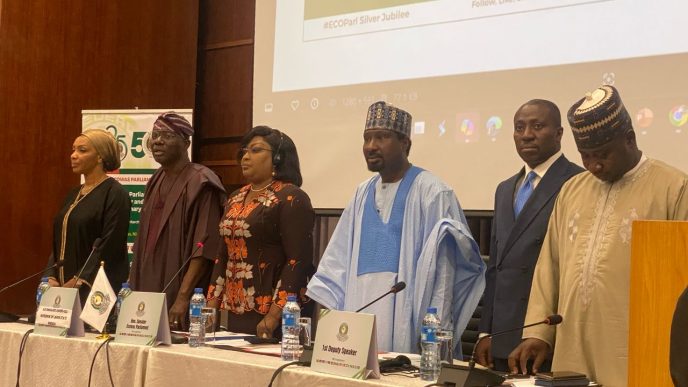
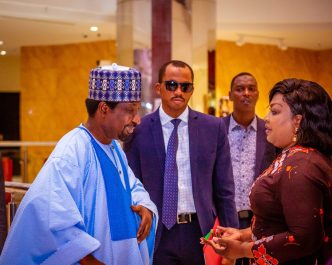
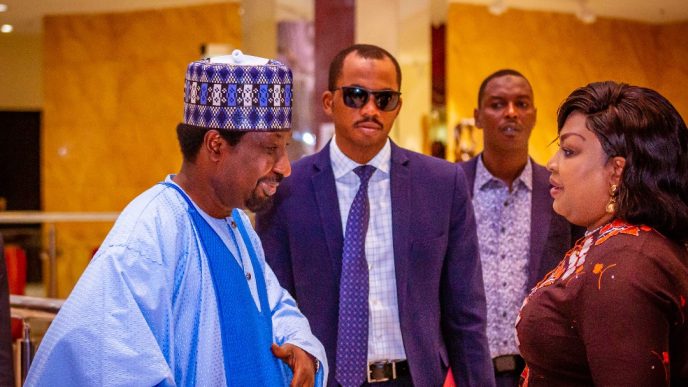
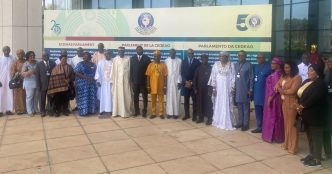
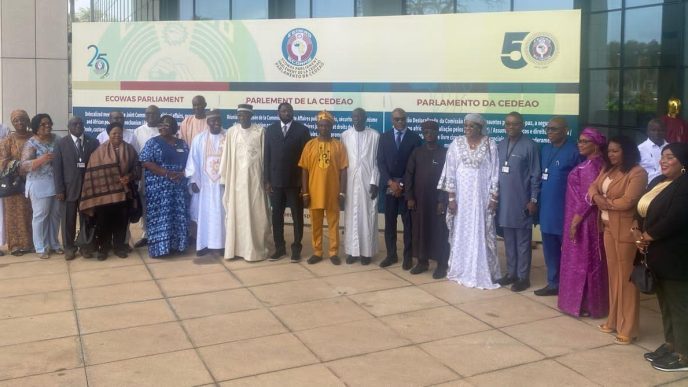
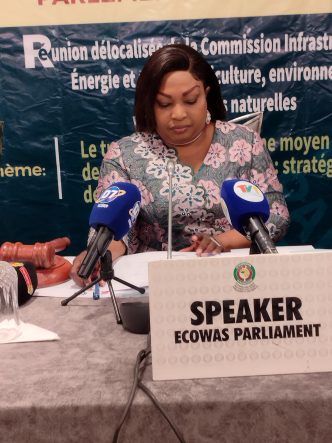
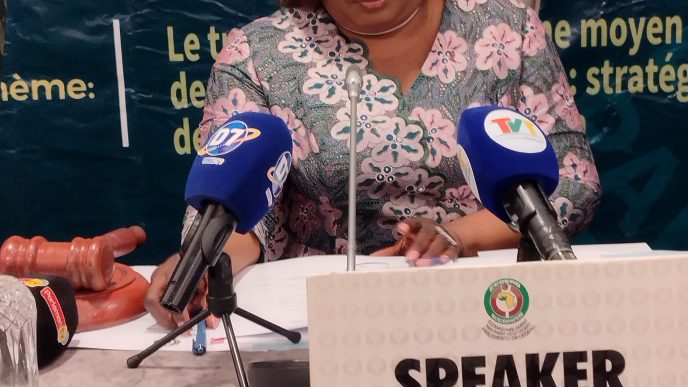
GIPHY App Key not set. Please check settings